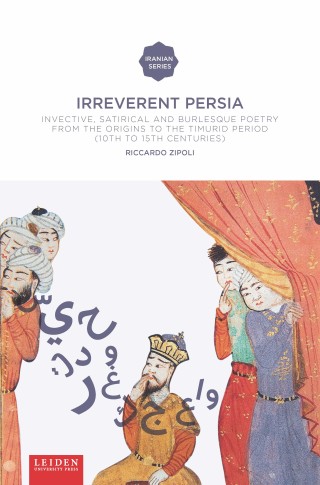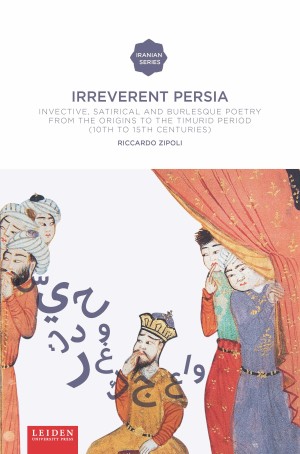Poetry expressing criticism of social, political and cultural life is a vital integral part of Persian literary history. Its principal genres – invective, satire and burlesque – have been very popular with authors in every age. Despite the rich uninterrupted tradition, such texts have been little studied and rarely translated. Their irreverent tones range from subtle irony to crude direct insults, at times involving the use of outrageous and obscene terms. This anthology includes both major and minor poets from the origins of Persian poetry (10th century) up to the age of Jâmi (15th century), traditionally considered the last great classical Persian poet. In addition to their historical and linguistic interest, many of these poems deserve to be read for their technical and aesthetic accomplishments, setting them among the masterpieces of Persian literature.

